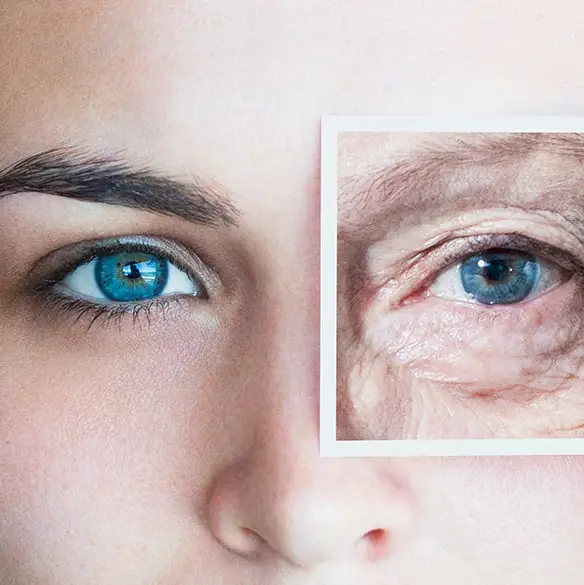
Examining a new grey hair in the mirror leaves many of us in a panic of how quickly the aging process will kick in.
But fear not, scientists have now put us out of our misery by revealing the exact ages where people see the most dramatic age-related changes take place.
A new study was published on Wednesday, August 14, which details the “molecular changes underlying aging”.

Advert
The study is called Nonlinear Dynamics of Multi-omics Profiles During Human Aging and the authors studied a group of 108 people aged between 25 to 75 to source their findings.
All of the people involved live somewhere in California and their aging was tracked for “1.7 years, with a maximum follow-up duration of 6.8 years”.
In order to get more insight, the scientists had a look at the molecules in the participants’ blood, poop and skin using things like mouth and nose swabs.

Around 135,000 different molecules (like proteins) and microbes (like bacteria, viruses and fungi) were looked at, and the shock came when most of them didn’t shift in a gradual way, as expected.
The molecules and microbes shifted more during two age groups and it was determined that the ages of 44 and 60 are the most likely time periods where age-related changes start to take place.
This includes the possible build up of health issues, such as cardiovascular disease or musculoskeletal problems.
Speaking to the Guardian, Professor Michael Snyder, a geneticist and director of the Center for Genomics and Personalized Medicine at Stanford University and senior author of the study, said: “We’re not just changing gradually over time. There are some really dramatic changes.

“It turns out the mid-40s is a time of dramatic change, as is the early 60s – and that’s true no matter what class of molecules you look at.
“I’m a big believer that we should try to adjust our lifestyles while we’re still healthy.”
The mid-40s revelation was not expected as it was initially thought that this was the result of perimenopausal changes in women but similar shifts in aging were also noticed in men.
Dr Xiaotao Shen, a former postdoctoral scholar at Stanford medical school and first author of the study, added: “This suggests that while menopause or perimenopause may contribute to the changes observed in women in their mid-40s, there are likely other, more significant factors influencing these changes in both men and women.”